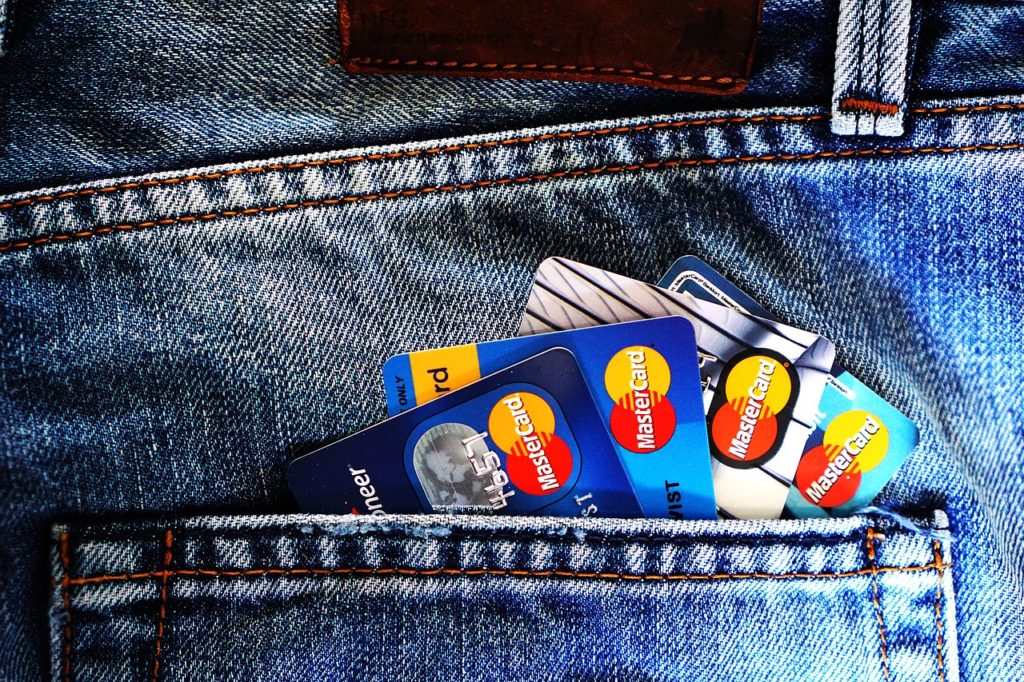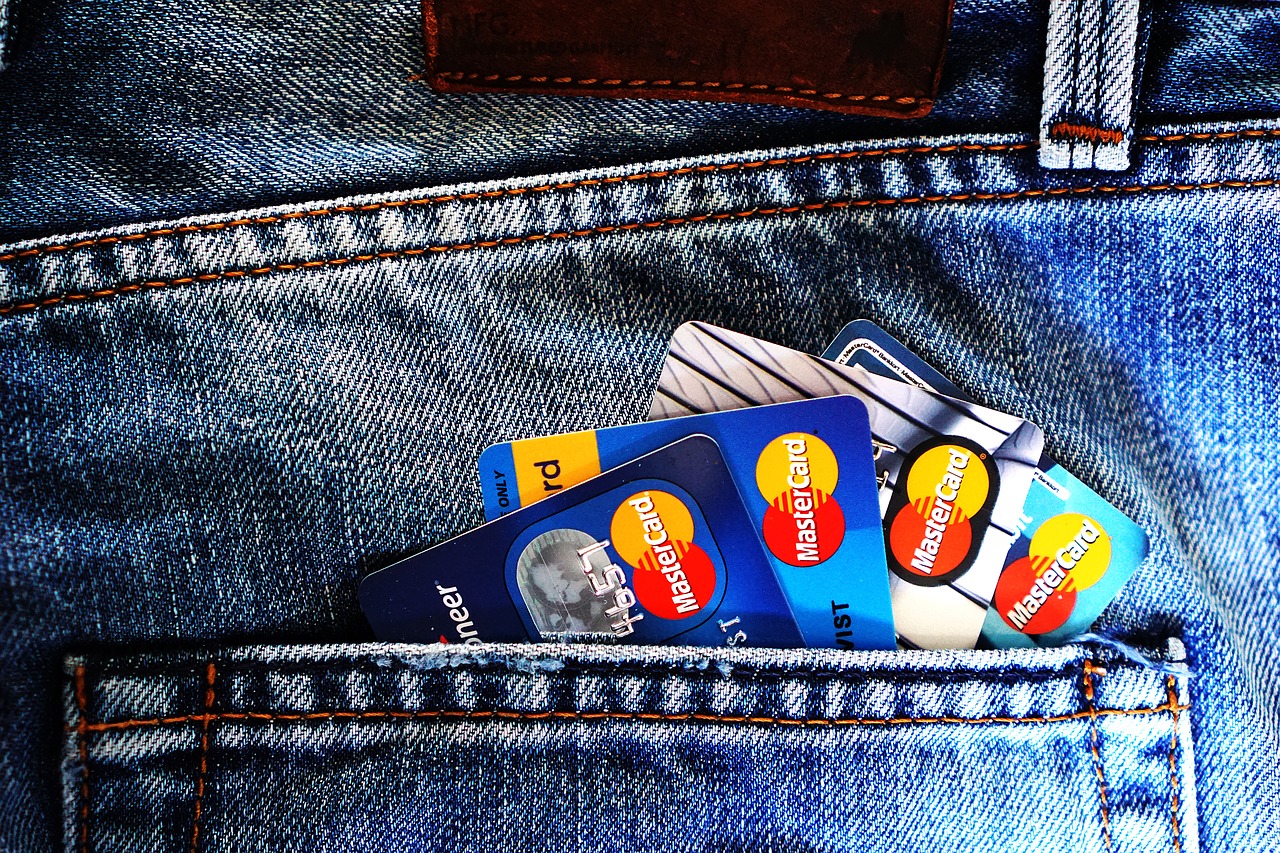
One memorable scene from The Office finds prankster Jim Halpert pushing desk-mate Dwight Schrute’s buttons by impersonating him. Dwight finally snaps: “Identity theft is not a joke, Jim. Millions of families suffer every year!”
Of course, a coworker wearing a similar outfit as you and adopting your vocal affections is a far cry from the decidedly unfunny reality of identity theft — in which a scammer gains access to your personal information and uses it for fraudulent ends.
Furthermore, Schrute wasn’t too far off when he said identity theft can affect many Americans each year. Credit card fraud, one particularly frustrating version of identity theft in which scammers steal credit card numbers in the hopes of running up charges scot-free, reached 270,000 reports in the U.S. in 2019 — doubling since 2017.
Shopping with credit is convenient and can help cardholders reap rewards, but it’s important to protect yourself with the knowledge of how to avoid credit card scams, too.
Know the Credit Card Scam Red Flags
Entities aiming to steal your credit card information may approach the endeavor any number of different ways. It pays to remain vigilant against them all.
According to NerdWallet, here are some common versions of credit card scams:
- Charity scam: Masquerading as a charity, scammers will ask for your credit card info under the guise of using the funds to help others. Keep an eye out for scammers impersonating non-profit organizations or charities via phone or email.
- Wi-Fi dupe: Scammers can set up fake Wi-Fi hotspots, asking users to “log in” with their credit card info. This gives crooks direct access to your data.
- Interest rate con: Someone on the other end of the phone alleges they can help you lower your interest rates. All you have to do is hand over your personal info. A similar version involves scammers posing as representatives from credit counseling agencies, financial institutions or debt relief programs — all of which can be legitimate, but require research before divulging your financial information.
- Overcharge con: Someone on the other end of the phone says you were overcharged for a recent purchase, and that they’d like to help you fix the situation. They may try to sell the scam by mentioning your name or other information to put you at ease.
- ATM/Point-of-Sale skimming: Criminals install a device over ATM or cash register keypads to steal buyers’ card info.
The takeaway? Be very wary about handing over your financial information. Always vet the source before doing so, whether by phone or in writing. Be aware of your physical surroundings while making purchases, too.
Look Over Every Billing Statement
In today’s hyper-convenient world, it’s all too easy to “set and forget” autopay, or even to get in the habit of manually paying bills without looking thoroughly into the actual charges for which you’re paying.
Taking a few minutes every month to scan every itemized charge on your credit card statement can help you verify the legitimacy of all purchases listed. Investigate any odd charges for which you’re unable to account, then reach out to your card issuer as soon as possible to discuss it.
Credit card scams can happen to anyone, anytime. Case in point: London’s Ritz Hotel is currently dealing with a data breach likely stemming from scammers posing as staff members who called to “confirm” guests’ personal info — including payment details. One victim of this scam was asked by these supposed staff members to provide another source of payment, as her first credit card had allegedly been declined. When she did, the scammers tried to charge more than £1000 in retail merchandise.
Avoiding common credit card scams means knowing what they look like, safeguarding your payment info and actively monitoring your statements.

Comments
One response to “Avoiding Common Credit Card Scams”
Thanks for sharing such a great article…
professional web design services